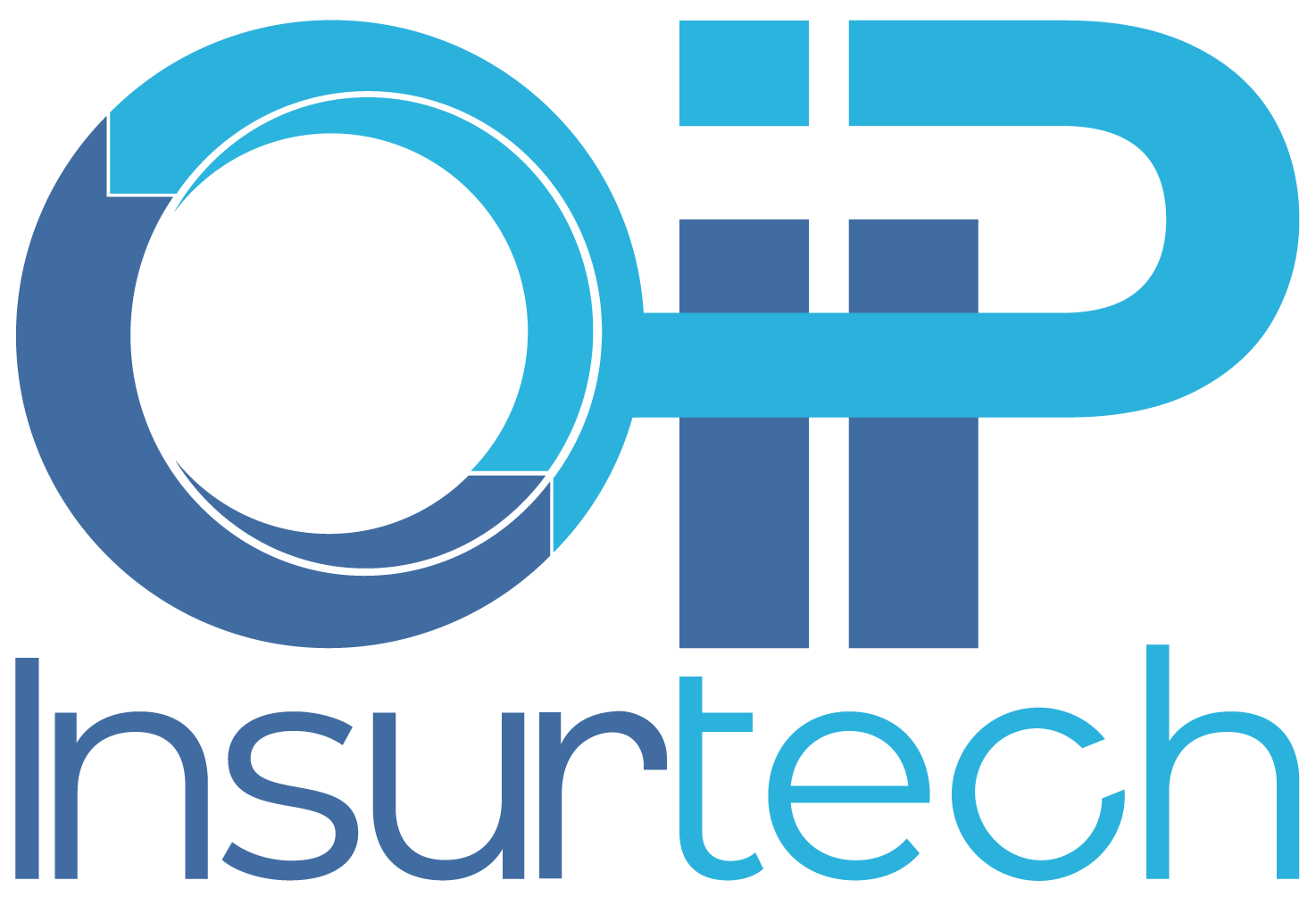AI Solutions Architect
Serbia/North Macedonia/India (Hybrid/Remote)
We are looking for an AI Solutions Architect to design, deliver, and lead the deployment of cutting-edge GenAI systems in the insurance domain.
What You’ll Be Doing
Design and deliver end-to-end AI solutions, from the intake of SOVs, loss runs, and documents to deployed intelligent agent workflows
Collaborate closely with stakeholders (product, operations, engineering) to architect scalable ML & GenAI systems that solve real insurance challenges
Translate business needs into architecture diagrams, data flows, and system integrations
Choose and integrate components such as RAG pipelines, LLM orchestration (LangChain, DSPy), vector databases, and MLOps tooling
Oversee technical proof-of-concepts, pilot projects, and production rollout strategies
Establish governance and best practices for model lifecycle, monitoring, error handling, and versioning
Act as a trusted advisor and technical leader—mentor engineers and evangelize design principles across teams
What We’re Looking For
5+ years of experience delivering technical solutions in machine learning, AI engineering, or solution architecture
Proven track record in leading design, deployment, and integration of GenAI-based systems (LLM tuning, RAG, multi-agent orchestration)
Strong programming background with Python and experience in production code
Hands-on experience with cloud platforms (AWS, GCP, Azure) and container orchestration tools (Docker, Kubernetes)Excellent communication skills with the ability to connect technical strategy to business outcomes
Startup mindset—resourceful, proactive, and hands-on when needed
Experience with insurance-specific workflows or document intelligence (SOVs, loss runs, ACORD forms) is a plusFoundation models, LLM pipelines, and vector-based retrieval (embedding search, RAG)
Architecture modeling and integration: APIs, microservices, orchestration frameworks (LangChain, Haystack, DSPy)
MLOps: CI/CD for models, monitoring, feedback loops, retraining pipelines
Data engineering: preprocessing, structured/unstructured data integration, pipelines
Infrastructure: Kubernetes, Docker, cloud deployment, serverless components
